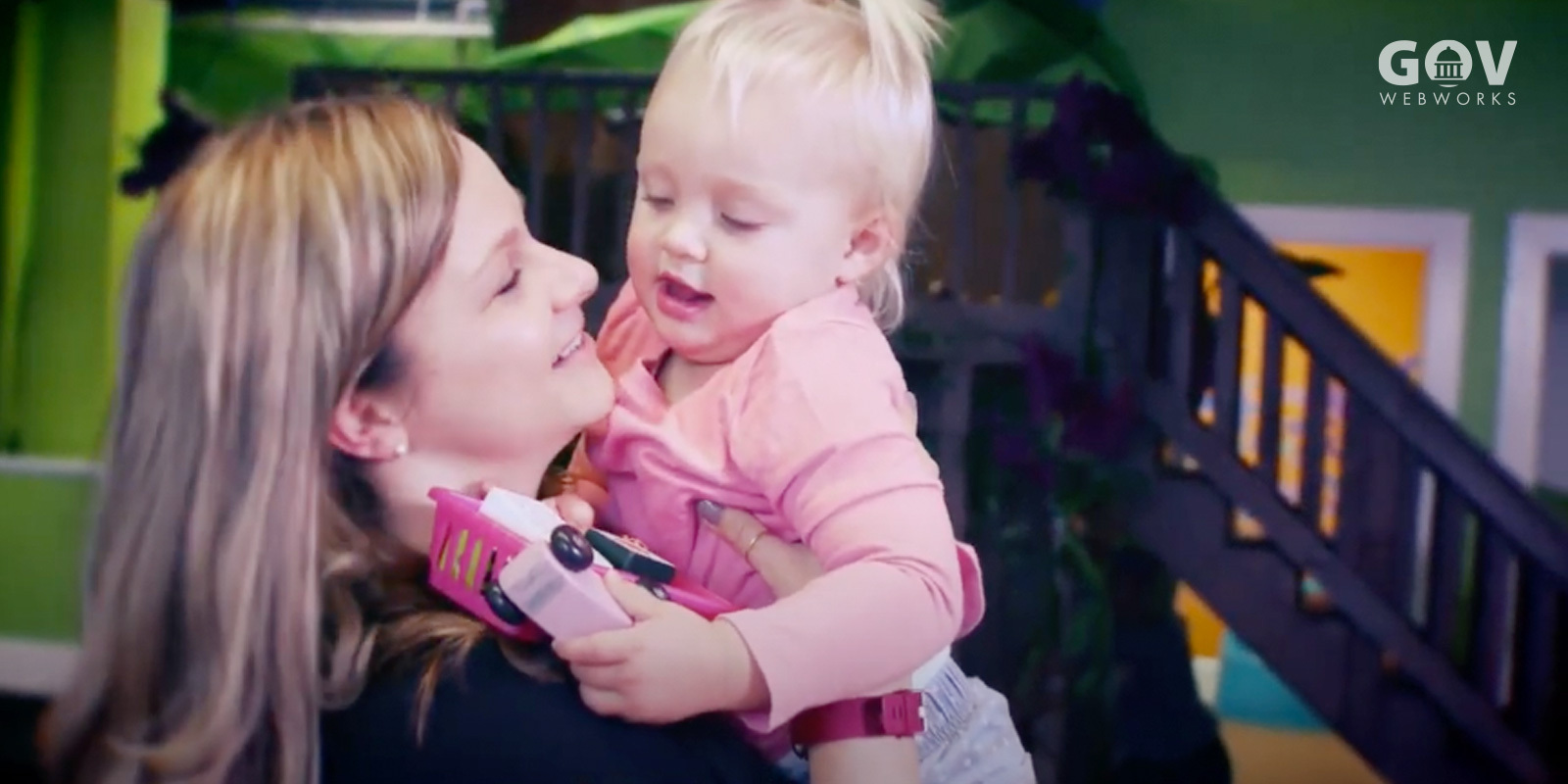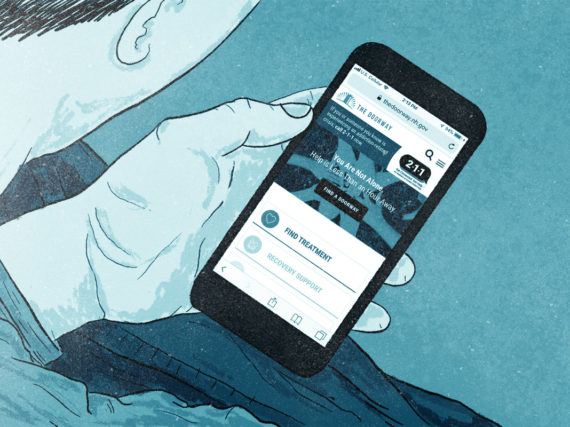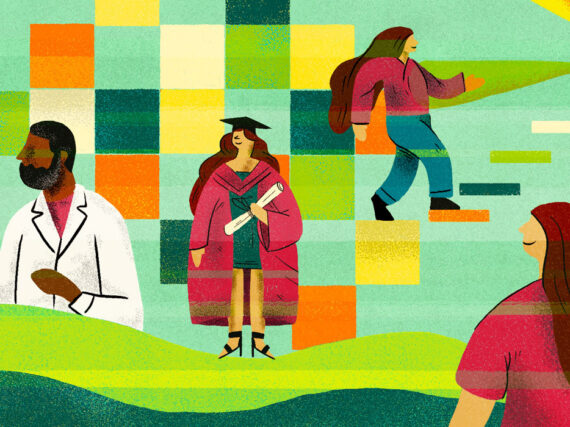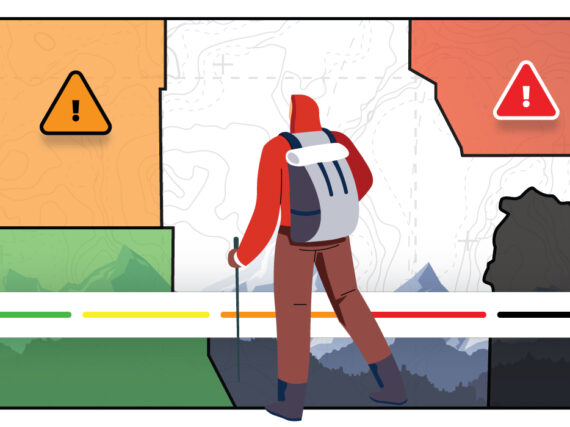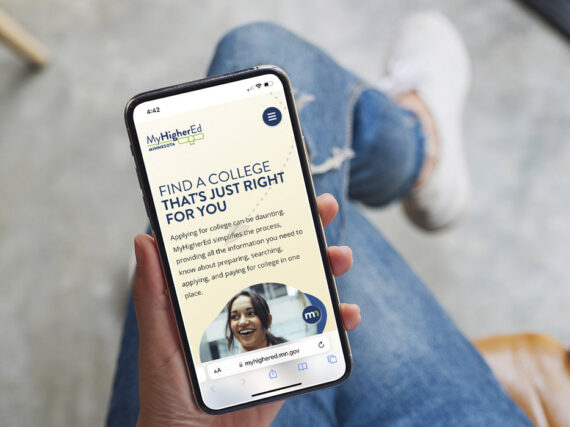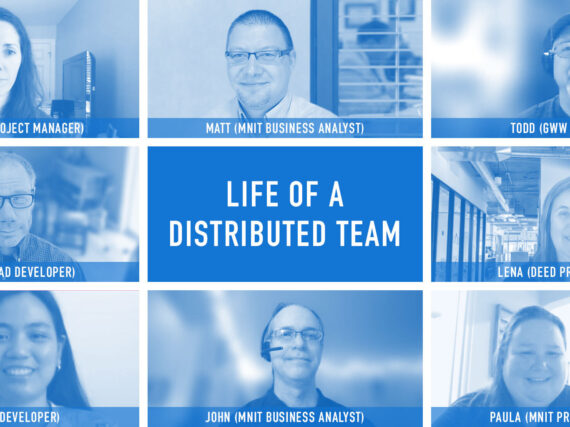Not only is Nikki Busmanis 211 Maine’s program manager, she’s also a prime example of how easy it is to get help from the health and human services information referral line. Established in Maine in 2006, the statewide organization provides centralized access to local assistance for health, shelter, substance use, and food via the Maine-based contact center, 24 hours a day, seven days a week.
A few years ago, after her third child was born, Busmanis was struggling with postpartum depression. As can be the case during hard times, she felt too overwhelmed to ask her health care provider for a support group referral. Though she worked at 211 Maine, “even picking up the phone felt impossible,” and she found the online 211 directory difficult to use.
Busmanis decided to text with a 211 specialist to ask for resources in her area. The immediate reply provided a number of options, including a support group right down the street from her. She started attending and found that “meeting other women with similar challenges let me know I wasn’t alone,” as she says in a video about the experience.
Turning experience into action
In her role as program manager, Busmanis led an initiative to seek improvements that could make services easier for people to access when feeling as overwhelmed by life as she had been. One roadblock Nikki noticed in particular: the 211 Maine online directory was not user-friendly. As explained in a report, “the experience lacked efficacy in connecting citizens with the services they need.”
Fortunately, via a grant and an anonymous donation from the Maine Community Foundation, funding was provided for 211 Maine to update their website and iCarol database, with GovWebworks selected as the vendor. In collaboration with the United Ways of Maine, the goal was to make this “resource where people go when they don’t know where else to go” into a more streamlined search experience and comprehensive service offering.
“There is a stigma around asking for help,” Busmanis says. “We like to be self-sufficient and do things on our own. But for people who find themselves in need of help or have a hard time asking, the web is so important. Some people simply prefer to start online on their own, so we wanted to make that access point as easy as possible.”
Responding to Covid-19
And then along came Covid-19. In March, 211 calls increased from the usual 3,000 a month to over 9,000. The online search directory became an even more important tool for people to find needed services in the 211 Maine database. Site page views rose from an average of 4,572 to 11,259 a month during the pandemic. People needed everything from financial assistance to help with domestic violence and addiction treatment, as well as support for health care, mental health, and heat or utilities. As evidenced on the Maine 211 Counts Platform, needs like healthcare for substance use and rent assistance are especially in demand.
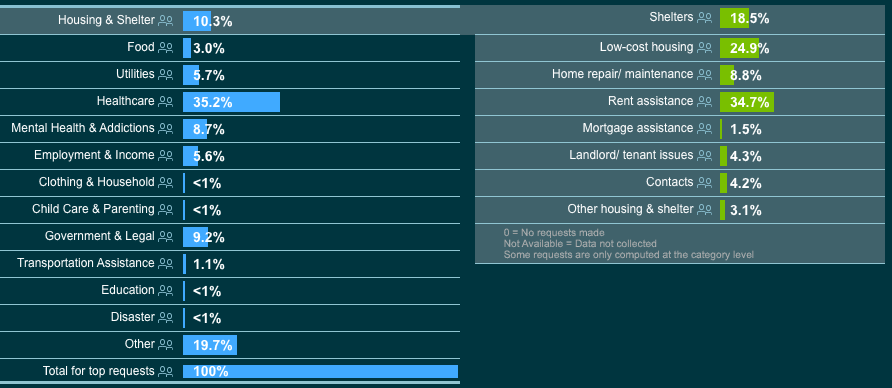
211 Maine itself now needed help. In response, GovWebworks pushed through with design, testing, and addressing needed website enhancements. The mobile-responsive, ADA-accessible directory with improved navigation and enhanced functionality was prioritized. It underwent extensive testing and vetting by stakeholders and users, with the new and improved site going live at the end of August.
Game changing updates
As 211 Maine says, “The new design prioritizes the user.”
The updated tool employs plain language, limits technical jargon and clinical terminology, and has a friendly and modern look and feel. Most of all, the updates to the directory make that content more easily and quickly accessible. Site visitors can now filter services through a guided search or with a conventional keyword search. The new “I Need” statement dropdown makes it easier to ask for what is needed. A geolocation feature optimizes searches “near me” with improved location functionality. Furthermore, the improved experience has inspired more providers to sign up to be a part of the service database which, in turn, increases search offerings.
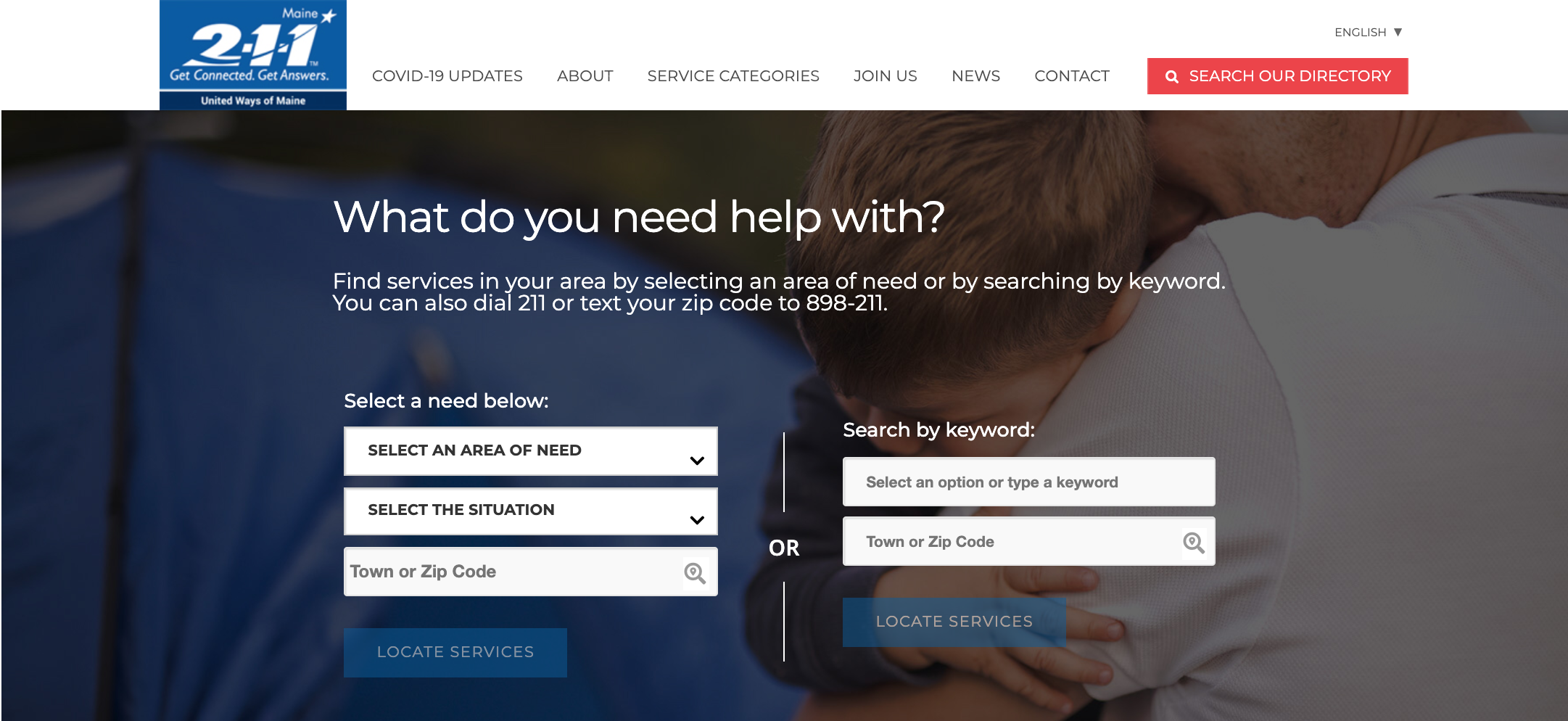
These many updates make the tool much easier to use, says Busmanis. Especially the ability to quickly localize resources and filter by payment type and insurance.
“Our goal is to make information as accessible as possible,” Busmanis says. “This site helps people find resources more independently, without having to call if they prefer to look on their own.”
And we think Busmanis would know. She’s been on both sides of the screen.
Even modest improvements to platforms like the 211 database can make a big difference. Contact us to explore how we can help improve your system.
Top image credit: From the video Who uses 211?: It Looks like Me.
Learn more
- Press Release: GovWebworks Supports Maine Initiatives to Provide Services for Covid: New StrengthenME website and 211 Maine search helps Mainers in wake of pandemic, via GovWebworks
- 211 Maine Case Study, via GovWebworks
- Mainers have questions. Statewide help line aims to give them answers: Maine’s toll-free 211 referral line has had its call volume surge amid the coronavirus crisis, via Portland Press Herald
